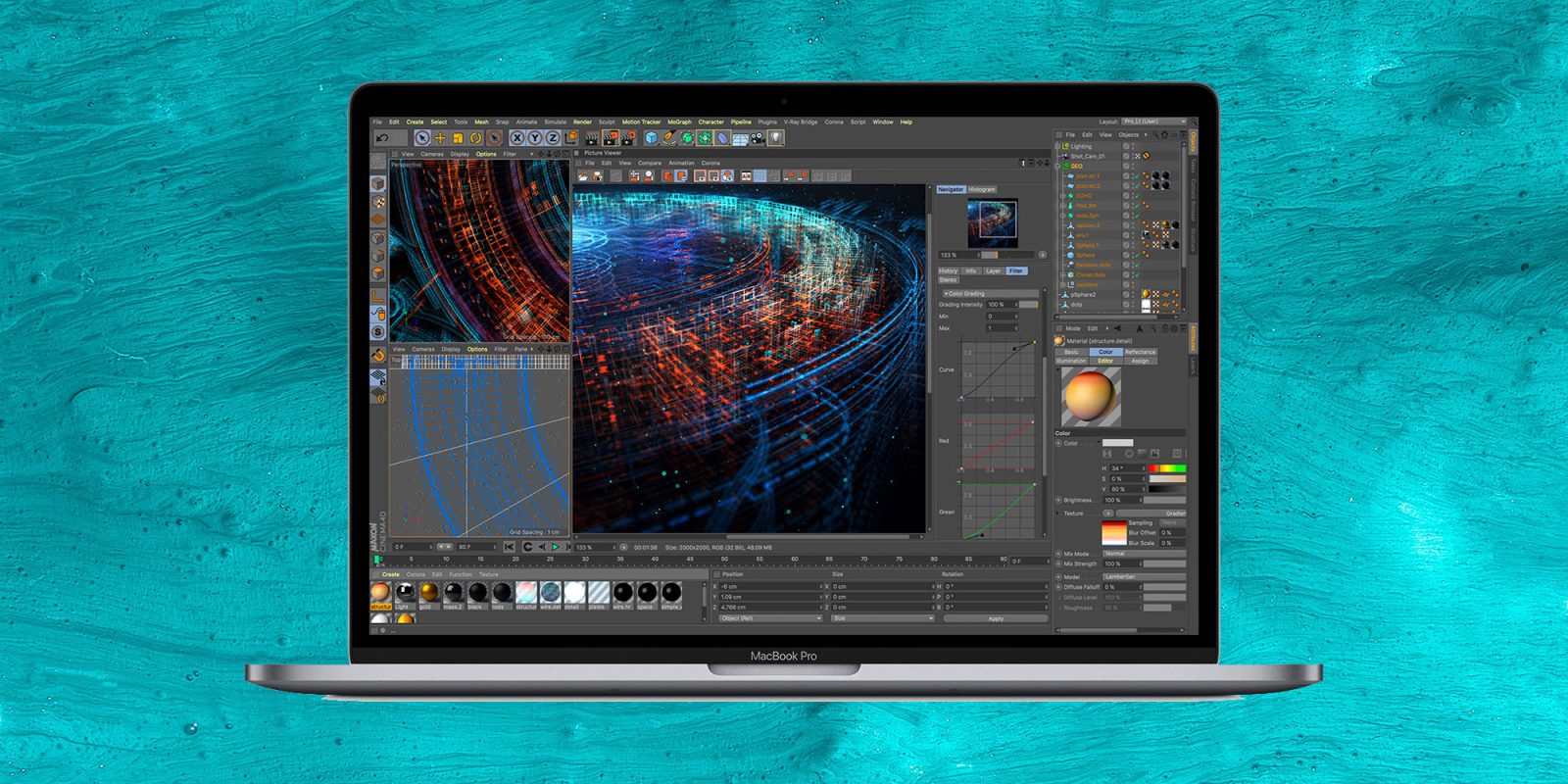
If you’ve got an Intel Mac of up to six years old, there was mixed news for most when Apple announced macOS 15 Sequoia. Most Macs that can run macOS 14 can still run this year’s version – but Intel models unsurprisingly won’t get the headline Apple Intelligence features.
A historical analysis of how long Macs continue to support the latest version of macOS shows that – with a couple of exceptions – not much changed this year on the surface, but it does still leave the question of Apple’s future plans for its Intel-chipped machines …
The Intel Mac story so far
ArsTechnica used over 20 years’ worth of data to determine how long you can expect your Mac to continue being eligible for each year’s version of macOS, and found a mixed picture.
So far, we’ve found that owners of Intel Macs made in the mid-to-late 2010s are definitely getting fewer major macOS updates and fewer years’ worth of security updates than owners of Intel Macs made in the late 2000s and early 2010s but that these systems are still getting more generous support than old PowerPC Macs did after Apple switched to Intel’s processors.
Owners of 2018 and 2019 MacBook Air models got the worst deal. They can’t run macOS 15, which gives them the shortest update life of any MacBook Air since the original model way back in 2008.
Here are the key findings from Ars’ analysis:
- For all Mac models tracked, the average Mac receives about 6.6 years of macOS updates that add new features, plus another two years of security-only updates. The 2018 and 2019 MacBook Airs are under this average, with 5.8 and 5.2 years of macOS updates, respectively.
- The average Intel Mac receives about seven years of macOS updates and another two years of security-only updates. So far, all Intel Macs released since 2016 have come in under this average.
- The average Mac receives updates for about 5.5 years after Apple stops selling it.
What about the future?
Once the rollout of Apple Silicon Macs was (almost) complete, the nightmare scenario for those who had a recent Intel Mac was that the company might make a clean break, and immediately drop updates for those. That didn’t happen, but it still leaves an uncertain future.
The site’s Andrew Cunningham looks at three potential scenarios next year:
- Sequoia is the last version of macOS to run on Intel Macs
- Apple supports a few of the final Intel Macs in macOS 16 and drops everything else
- Apple keeps the support list mostly the same in macOS 16 and ends Intel support in macOS 17
He doesn’t draw any conclusions, simply presenting the case for and against each (which I recommend reading), but does note that if you have an Intel Mac, you’re on borrowed time as you won’t get any of the exciting new features to come.
9to5Mac’s Take
Apple appears to be trying its best here, but the reality is that the main reason to upgrade to macOS 15 is going to be the Apple Intelligence features – and those need the power of Apple Silicon.
Most people will be arguably better off this year with a relatively modest M-powered MacBook Air than they are with the most powerful Intel MacBook Pro, even if it’s relatively recent. If you have the budget to make the switch this year, it’s a no-brainer to do it.
9to5Mac collage of images from Apple and Maria Orlova on Unsplash
FTC: We use income earning auto affiliate links. More.

 6 months ago
80
6 months ago
80

![Satechi unveils new essential OntheGo collection for 2025 [Hands-on]](https://i0.wp.com/9to5mac.com/wp-content/uploads/sites/6/2025/01/unnamed-2.jpg?resize=1200%2C628&quality=82&strip=all&ssl=1)





 English (US) ·
English (US) ·